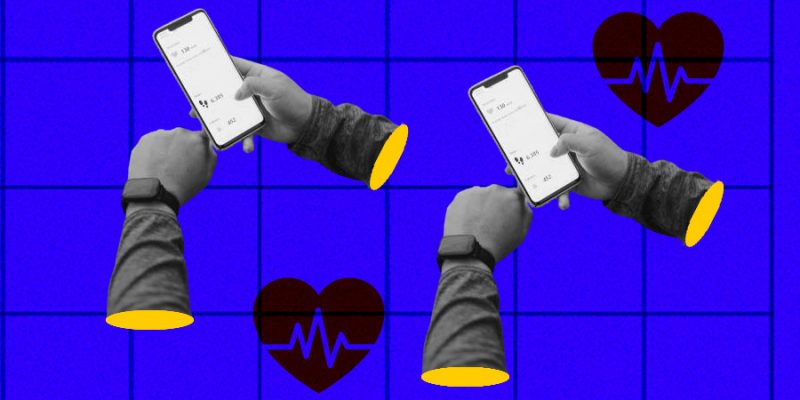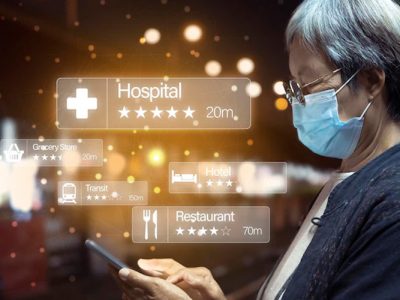
Despite the fact that healthcare apps are great pieces of software, many people have issues with fundamental apps like accessibility and usability.
It’s tough to argue that the smartphone is the most effective instrument for online client communication and engagement. Today, 86 percent of consumers in the United States carry small, smart, connected devices with them wherever they go and use them for everything. It’s no wonder that businesses across the board continue to spend on the development and upkeep of mobile apps. All sorts of healthcare institutions are affected by this nearly ubiquitous trend. They continue to spend heavily on digital patient engagement, which has resulted in a steady stream of new applications and enhanced capabilities. Many of these smartphone applications are powerful. There’s often nothing a patient can’t do on their smartphone when it comes to managing their healthcare needs.
Although mobile applications are amazing pieces of software, many individuals struggle with basic app concerns such as accessibility and usability. To utilize a brand new mobile app, a patient must first download it to their smartphone and then create a secure account to log in. Many apps have extra user-authentication requirements for login to be HIPAA compliant. After a patient has passed through all of the hurdles to acquiring access to the app, they must then figure out how to utilize it, which for most individuals is easier said than done. The app orientation program may be nothing more than a test of muscle memory for a millennial living in San Francisco. The route to mobile digital engagement, however, is challenging, if not impossible, for the majority of people, particularly those who utilize healthcare daily.
Accessibility and usability
The enemy of extensive digital consumer connection is “friction,” an adversarial force that many individuals are reluctant to overcome. It has an impact on every industry. However, when it comes to patient-facing technology, healthcare is beset by a conundrum of complexity, law, and data security. One of the reasons the industry lags behind others in terms of large-scale digital engagement is because of this. In addition, no one healthcare app can cover all of your healthcare needs. Every stage of the ordering and fulfillment process may be handled using the Amazon app. A chronically ill patient may require many applications from different entities in their care network, each with its own set of rights.
It doesn’t imply they’ll arrive just because you built it
In the healthcare business, the COVID-19 outbreak has produced a virtual moment. During the epidemic, the expansion of virtual care has been extensively documented. Mobile applications (and other virtual services) were thrust into service, and they were frequently advertised as the only means of obtaining medical help. What years of marketing had failed to achieve, Mother Nature took care of. There are indicators that patients are returning to their earlier, established behaviors when the epidemic diminishes. The number of people who use virtual care has decreased by double digits, according to certain research.
Patients can utilize the built-in capabilities of their smartphones to communicate with physicians, pharmacies, medication producers, and insurance companies. From basic guidelines to long-term drug adherence regimens, smart, interactive messaging can help you through a variety of workflows. There aren’t any smartphone applications to download, and there aren’t any passwords to remember. The only requirement is that you can spell in any language. Smartphones are being transformed into digital health assistants that can undertake a wide range of time-consuming duties in healthcare. Patients benefit because they are free of the paperwork and ambiguity that sometimes accompany healthcare. The industry benefits from having a limitless number of digital workers who can take over all of its employee’s redundant, basic activities.
The good news goes like this:
The evolution of mobile technology has advanced beyond “the app” to the next level. Language is a game-changing innovation, a next-generation user interface that will completely transform human-machine interactions. Two of the most well-known examples are Siri and Alexa. Conversational AI is a relatively young field of technology that is quickly gaining attention. Rather than requiring users to download software, register accounts, and navigate a maze of menus and buttons, the devices just talk to them.



















